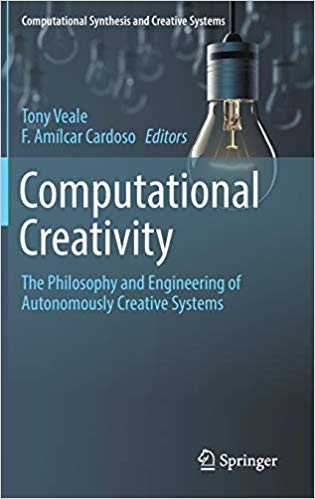

Most ebook files are in PDF format, so you can easily read them using various software such as Foxit Reader or directly on the Google Chrome browser.
Some ebook files are released by publishers in other formats such as .awz, .mobi, .epub, .fb2, etc. You may need to install specific software to read these formats on mobile/PC, such as Calibre.
Please read the tutorial at this link: https://ebookbell.com/faq
We offer FREE conversion to the popular formats you request; however, this may take some time. Therefore, right after payment, please email us, and we will try to provide the service as quickly as possible.
For some exceptional file formats or broken links (if any), please refrain from opening any disputes. Instead, email us first, and we will try to assist within a maximum of 6 hours.
EbookBell Team

4.8
84 reviewsComputational creativity is an emerging field of research within AI that focuses on the capacity of machines to both generate and evaluate novel outputs that would, if produced by a human, be considered creative. This book is intended to be a canonical text for this new discipline, through which researchers and students can absorb the philosophy of the field and learn its methods. After a comprehensive introduction to the idea of systematizing creativity the contributions address topics such as autonomous intentionality, conceptual blending, literature mining, computational design, models of novelty, evaluating progress in related research, computer-supported human creativity and human-supported computer creativity, common-sense knowledge, and models of social creativity.
Products of this research will have real consequences for the worlds of entertainment, culture, science, education, design, and art, in addition to artificial intelligence, and the book will be of value to practitioners and students in all these domains.